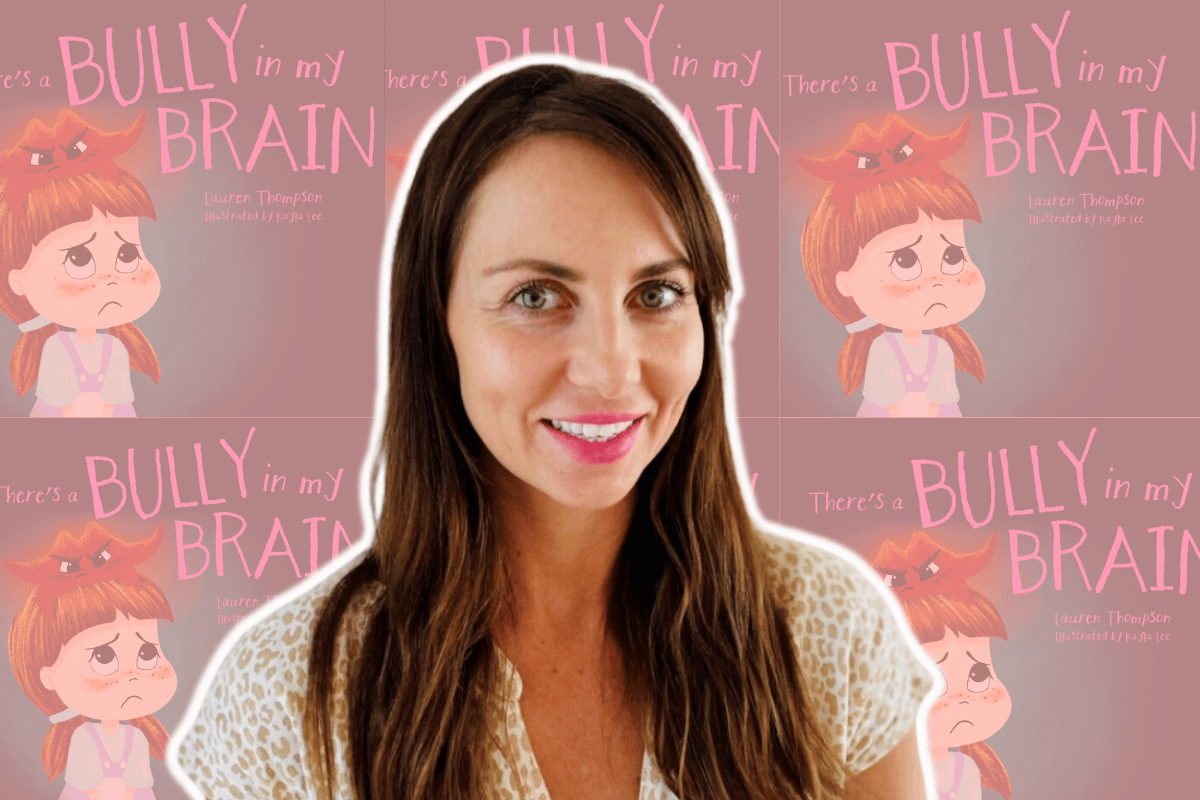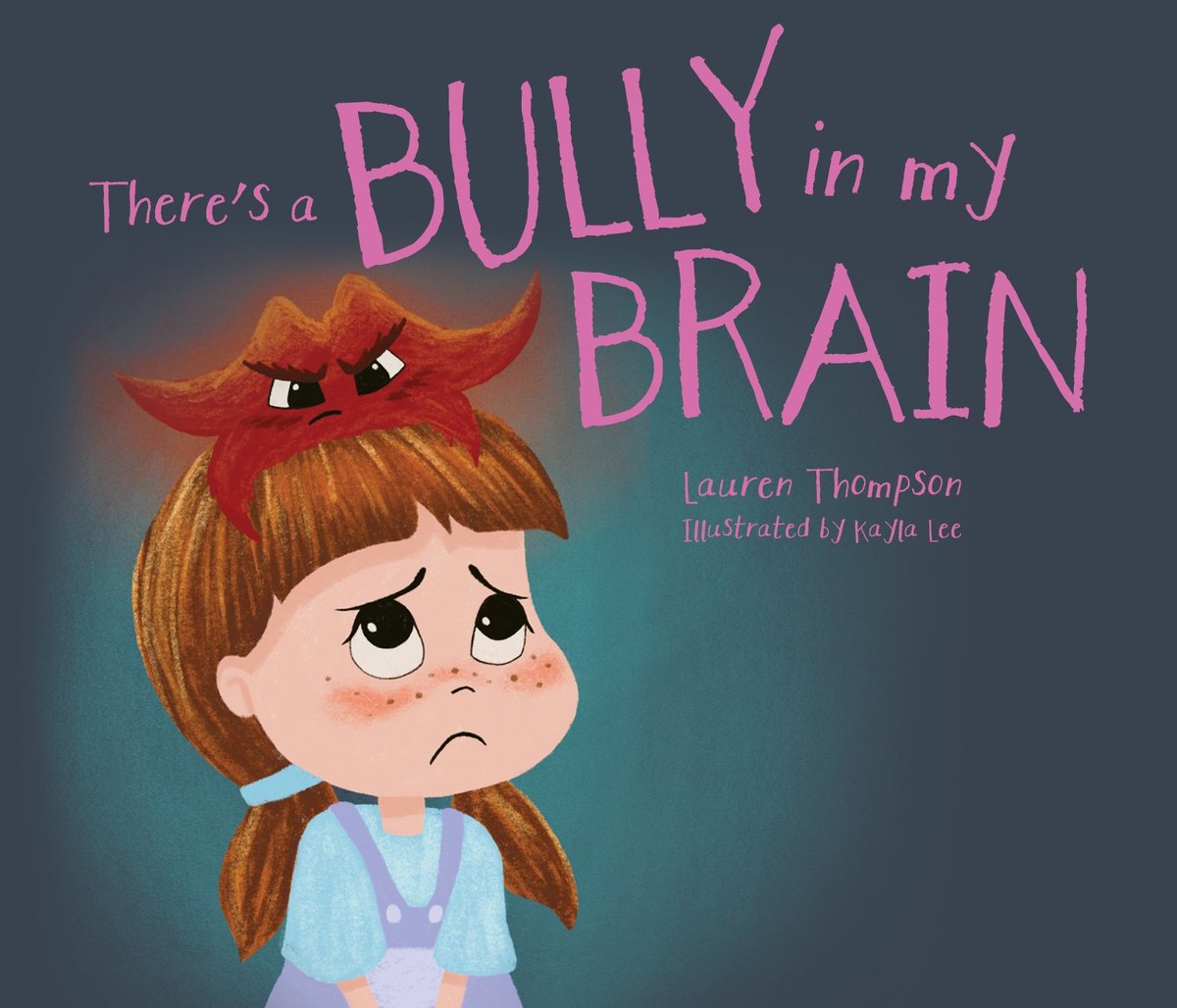
Children can spot bullies in the playground. But what if your child is bullying themselves? How would we know?
Signs your child may have an issue with negative self-talk is if they say things like, "I will never be able to do that", "Everyone is better than me", or "I wish I didn't look like this".
Working in a school setting, I often see children struggling with negative self-talk. Online media exposure also means some children frequently compare themselves unfavourably to others.
A recent survey of over 20,000 school-aged Australian children, found one in five feel poorly about their self-esteem by the time they start high school, and for each year children are at school their self-esteem declines. The findings in this research are extremely worrying and a call for action to help our children feel better about themselves is greatly needed.
Watch: The viral Dove Self-Esteem clip with Mary Esposito. Post continues below.
Our internal thoughts and dialogue (self-talk) is actually where we spend most of our time, as we have over 10,000 thoughts a day. Our self-talk is really powerful and impacts our self-esteem. Constant negative chatter and insults can create a toxic environment to be in and have us believe we will never be good enough. We take care and pay attention to our words when we are speaking to others but we can get caught in a bad habit of not giving ourselves the same compassion in our own self-talk.


